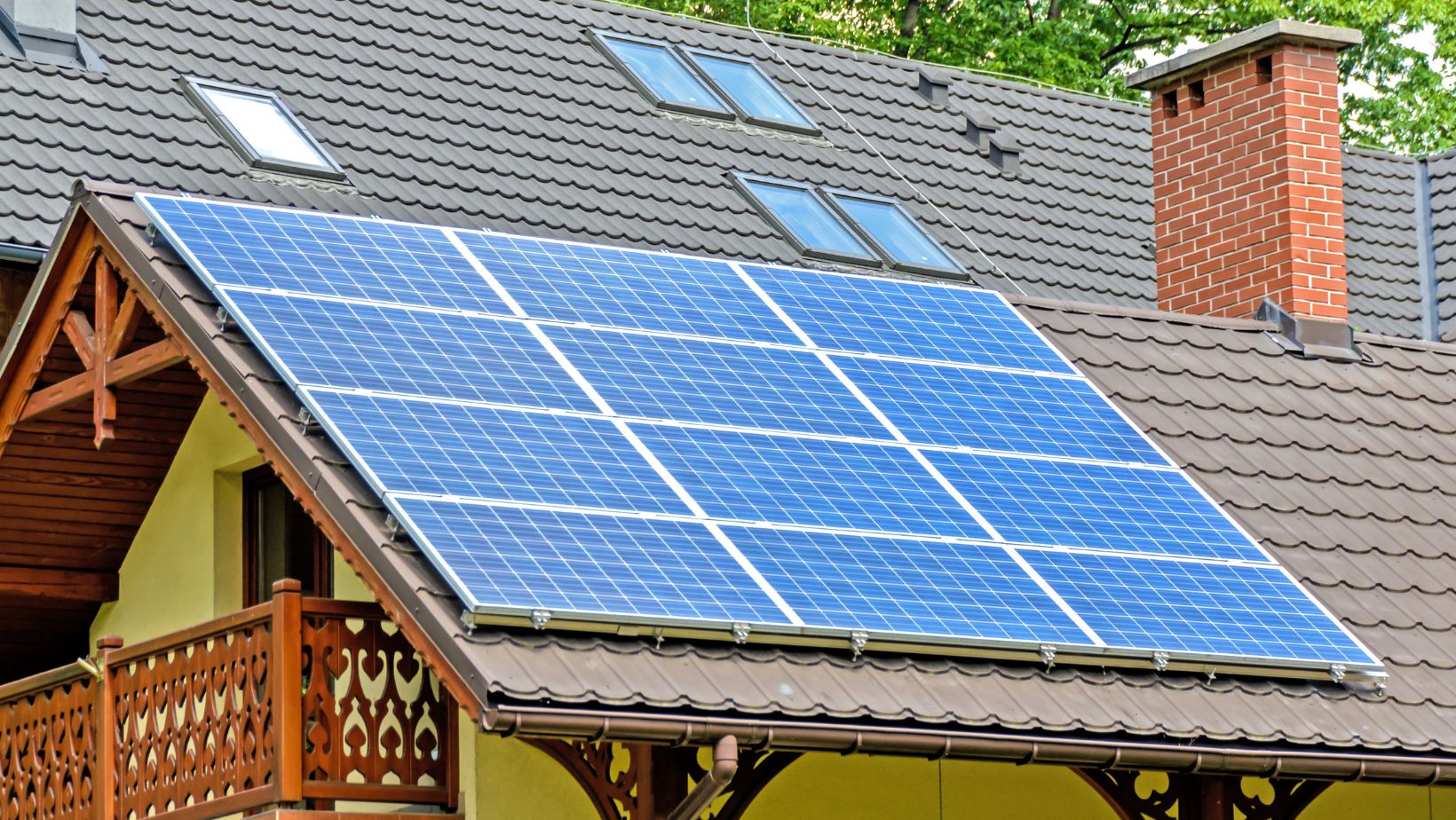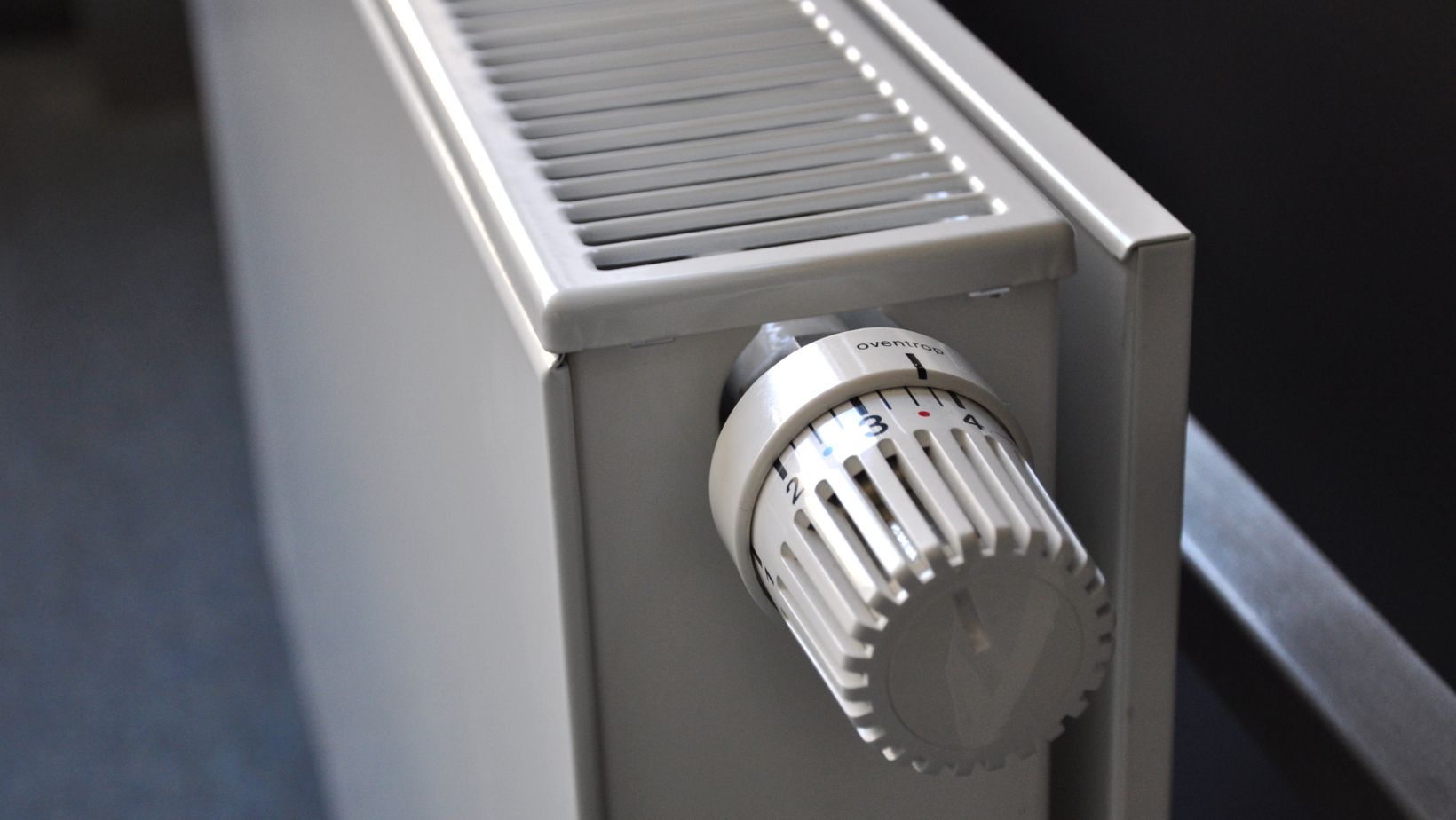As energy prices continue to rise and environmental concerns grow, improving home heating efficiency has become a necessity for many homeowners. One critical component to examine is the radiator system. Ensuring that your radiators are functioning optimally will maximise the efficiency of your heating system and reduce energy consumption. However, there are several other factors to consider when aiming to improve heating efficiency in your home.
1. Assess Your Insulation
One of the most effective ways to enhance heating efficiency is to ensure your home is well-insulated. Poor insulation allows heat to escape, causing your heating system to work harder to maintain a comfortable temperature. Check your loft, walls, and floors, as these are the most common areas where heat loss occurs. Investing in high-quality insulation can drastically cut down on wasted energy and reduce heating bills over time.
2. Upgrade Your Heating System
If your heating system is outdated, it might be time for an upgrade. Modern heating systems are more energy-efficient compared to older models. Consider switching to a condensing boiler, which is designed to recover more heat from exhaust gases, making it significantly more efficient. Additionally, programmable thermostats and smart heating controls offer more precise temperature management, enabling you to tailor your heating schedule to your lifestyle needs.
3. Regular Maintenance and Servicing
Regular maintenance of your heating system can prevent issues that often lead to energy inefficiencies. Annual servicing by a qualified professional can identify potential problems early, ensuring your system operates at peak performance. It’s also essential to regularly bleed your radiators to remove trapped air which can impede the circulation of heat and diminish efficiency.
4. Consider Renewable Energy Sources
With increasing awareness of sustainable living, many homeowners are turning to renewable energy sources for heating. Options like solar thermal panels, biomass boilers, or heat pumps are not only environmentally friendly but can also offer long-term savings on energy bills. While the initial investment may be higher, government incentives and grants can make the transition more affordable, and the environmental benefits are substantial.
5. Behavioural Adjustments
Sometimes improving heating efficiency can be as simple as making behavioural changes. Adjusting your habits such as wearing warmer clothing indoors, using draft excluders, and closing curtains at night can help retain heat. Be mindful of the temperatures you set your thermostat to, aiming for the lowest comfortable temperature can result in significant savings.
6. Energy-Efficient Home Design
If you’re building a new home or undergoing renovations, consider incorporating energy-efficient design principles. The orientation of the house, window placement, and choice of construction materials can all impact heating efficiency. Passive solar design, for instance, takes advantage of natural sunlight for heating, reducing reliance on mechanical heating systems.
Conclusion
Improving home heating efficiency is a multifaceted process that involves evaluating existing systems, investing in insulation, considering upgrades or renewable sources, and even making simple behavioural changes. While it might require some initial investment, the long-term benefits include reduced energy bills, increased comfort, and a smaller carbon footprint. With careful planning and consideration, homeowners can make informed decisions to enhance heating efficiency and contribute to a more sustainable living environment.



